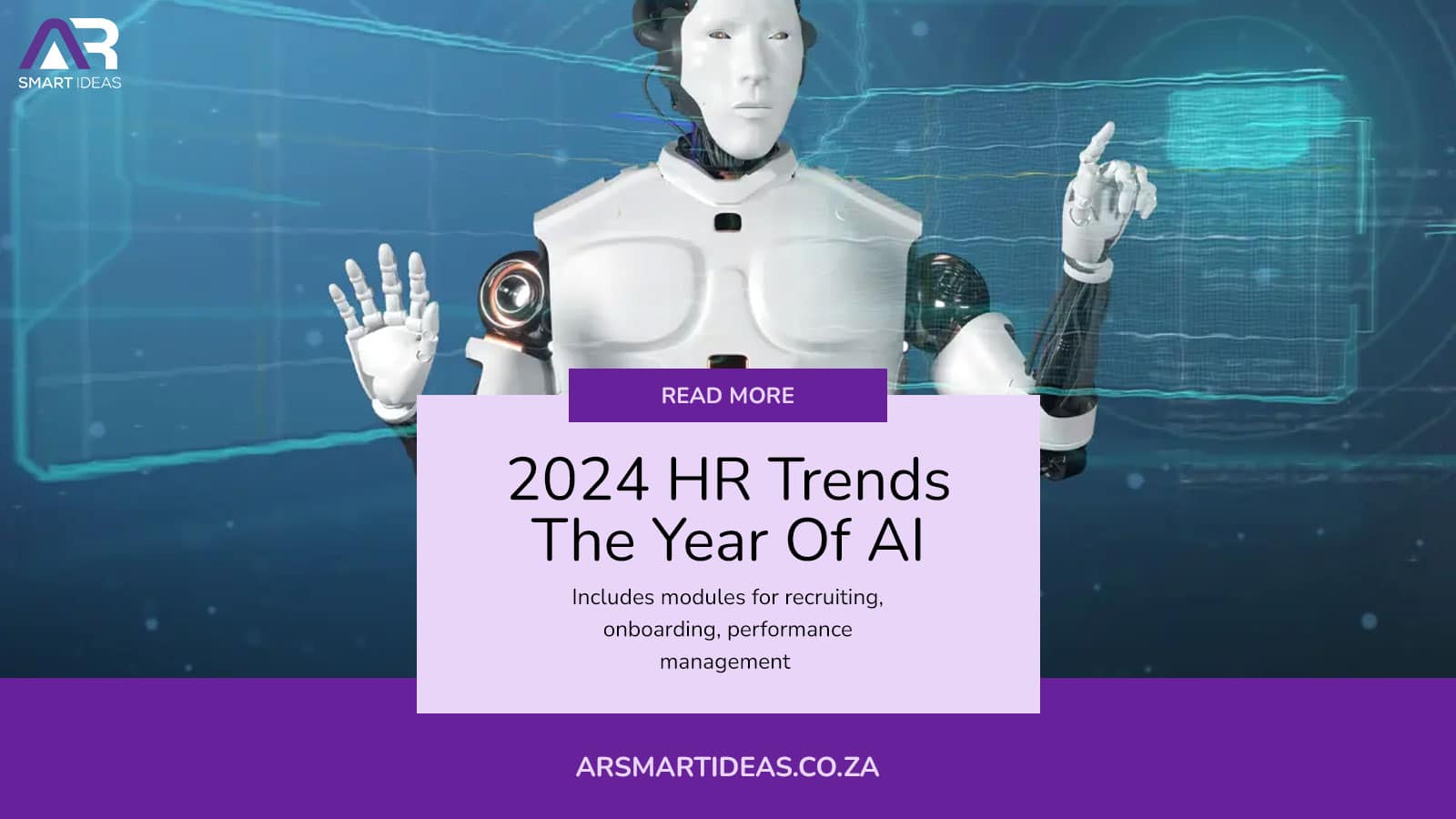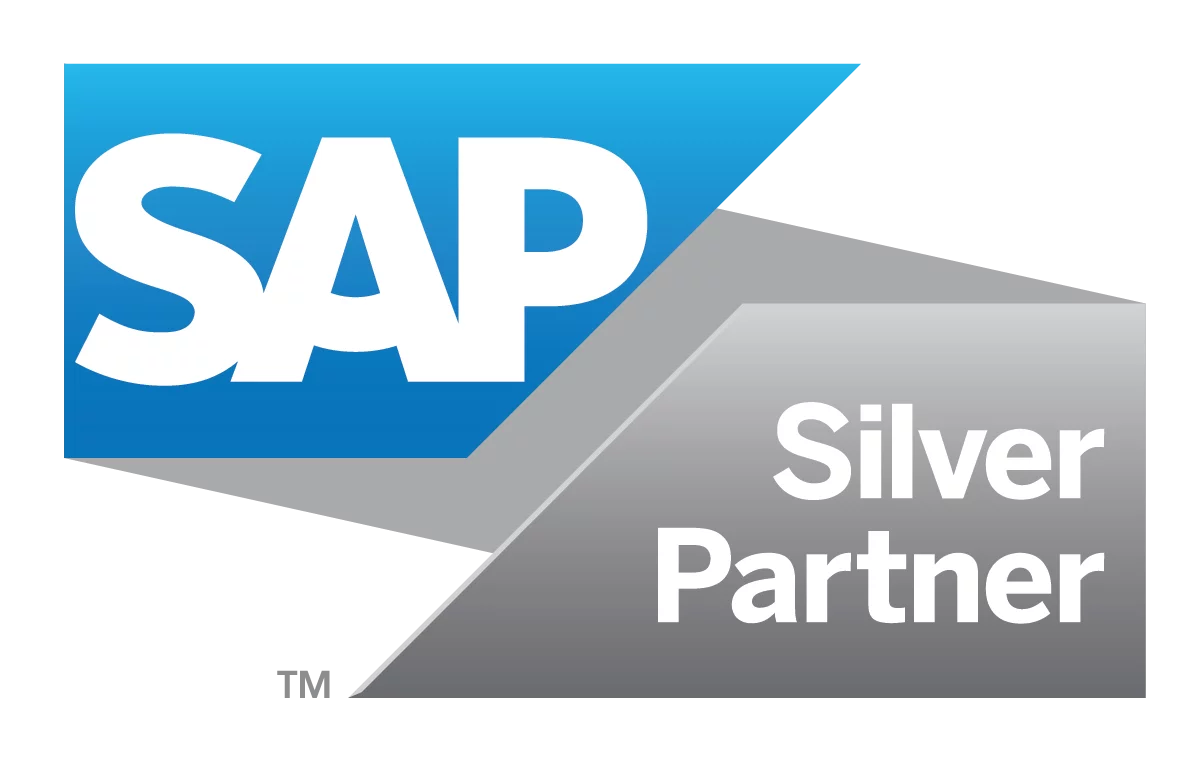Artificial Intelligence dominates the 2024 trends discourse in terms of how it will transform the labor market, how it will drive productivity, and how it will need to be managed to prevent negative outcomes. The nine trends are as follows:
1. AI upends the world of work as we know it
The report places AI firmly at the top, transforming the labor market, boosting productivity, and demanding responsible management.
While generative AI will not eliminate jobs, it will reshape how work is done. Employees need to become adept at using these tools, not fearing them. Self-serve AI tools hold immense potential for increased productivity but require careful training and ethical considerations.
Data privacy, bias, and regulations remain concerns, pushing organizations toward transparent and explainable AI solutions. The good news? Recruiting and selection are prime targets for AI, streamlining talent acquisition.
2. Skills become the center of HR practices
The rise of AI demands a new era of strategic workforce planning for HR leaders. Identifying and filling AI skill gaps, whether through internal reskilling or external hires, is crucial. Fortunately, AI can also enhance workforce planning capabilities.
The focus on skills continues, with “human” skills like problem-solving and emotional intelligence remaining vital, but technical skills for using AI are equally important. Organizations must provide data-driven, microlearning opportunities to upskill their workforce continuously.
Employees also expect personalized career development paths that consider their individual interests and preferences. Look beyond skills-based hiring and focus on building a workforce with broad skillsets and adaptability to thrive in the ever-evolving landscape.
3. Hybrid work returns to the office
The focus of hybrid work has shifted from remote-first safety measures to flexibility and collaboration. However, 2024 trends indicate a swing back to the physical office, with companies experimenting with incentives like social events and focused workspaces to encourage return.
This shift necessitates a cultural focus. With a distributed workforce, building and maintaining company culture requires intentional efforts like “ritualized” team connections. Leading organizations are even exploring a more radical approach: redesigning work itself to empower employees and boost morale, potentially making location less of a concern.
4. Diversity, equity, inclusion, and belonging (DEI&B) stalls in momentum
While some organizations, most prominently in the US, may deprioritize DEI&B due to reduced resources or political backlash, key trends suggest it is more critical than ever. A talent shortage necessitates finding hidden talent pools like caregivers or neurodivergent professionals.
Additionally, the rise of Gen Z workers and a multi-generational workforce demands strong DEI&B practices to foster collaboration and success.
5. Mental health reaches a breaking point
Mental health takes center stage in 2024 HR trends. Employee burnout is at an all-time high, demanding a dedicated focus on well-being initiatives. Organizations need to offer mental health programs, flexible work arrangements, and clear communication to combat change fatigue and financial anxieties.
A “quality over quantity” approach to benefits, tailored to specific employee needs, is key. Finally, managers must become well-being champions, equipped to identify employee struggles, offer empathy, and lead by example.
6. Trust in leadership plummets to new lows
The stress of change and burnout is driving a crisis in employee trust towards leadership. Clear communication, especially during layoffs or AI integration, is crucial. Leaders risk losing their best people if they don’t rebuild trust and address employee concerns. This includes fostering a sense of purpose and connection to the organization’s mission. In today’s talent shortage, prioritizing trust and meaning in work is essential for HR leaders to retain top performers.
7. HR transforms its own skills and agility
HR’s own transformation is back in the spotlight. AI skills are crucial to leverage the latest capabilities, but public relations expertise is equally important for navigating an increasingly transparent world. Data-driven decision making is key, requiring both analytical skills and data privacy compliance.
Finally, HR professionals themselves need to be adaptable and resilient to navigate constant change, while avoiding burnout that could cripple their ability to support the workforce.
8. Pay gets put in the spotlight
For the first time ever, compensation is a top HR trend. Economic uncertainty, rising living costs, and changing work arrangements are driving employee demands for fair pay and benefits. Expect to see less focus on flashy benefits packages and more emphasis on core compensation to address work-life balance concerns and logistical costs associated with returning to the office. While overall compensation growth may decline, calls for pay equity and transparency will only intensify, with salary ranges becoming the norm to attract top talent.
9. Sustainability becomes a strategy
Environmental, social, and governance (ESG) factors are no longer optional. New regulations and growing public concern are forcing organizations to prioritize sustainability. Look beyond compliance and see sustainability as a strategic HR tool.
Infuse eco-friendly practices into policies, train employees, and leverage “green skills” in recruiting and development to build a future-proof workforce aligned with your organization’s sustainability goals.
Conclusion
The upcoming years are set to bring a whirlwind of changes for HR. AI is transforming the workplace, demanding new skillsets alongside the irreplaceable human touch. HR leaders must navigate this shift, reskilling their workforce and leveraging AI for efficient recruiting. The hybrid work model evolves, with companies seeking to reignite collaboration and lure employees back to the office. But don’t forget about Diversity, Equity, Inclusion, and Belonging (DE&I/B). It is crucial to tap into hidden talent pools and foster a thriving multi-generational workforce. Employee well-being takes center stage. Burnout is at an all-time high, so prioritize mental health programs, flexible work arrangements, and clear communication. Speaking of communication, trust in leadership is plummeting. Rebuild it with transparency, address concerns, and reignite a sense of purpose in your organization.
The HR team itself needs an upgrade. AI skills, data fluency, and PR expertise are essential. Compensation gets a long-awaited spotlight. Focus on fair pay, transparent salary ranges, and benefits that address work-life balance challenges. Finally, sustainability is no longer a fad. Infuse eco-friendly practices into your HR strategy and leverage “green skills” for a future-proof workforce. By embracing these trends, HR can become a transformative force, shaping a successful and sustainable future for your organization.




